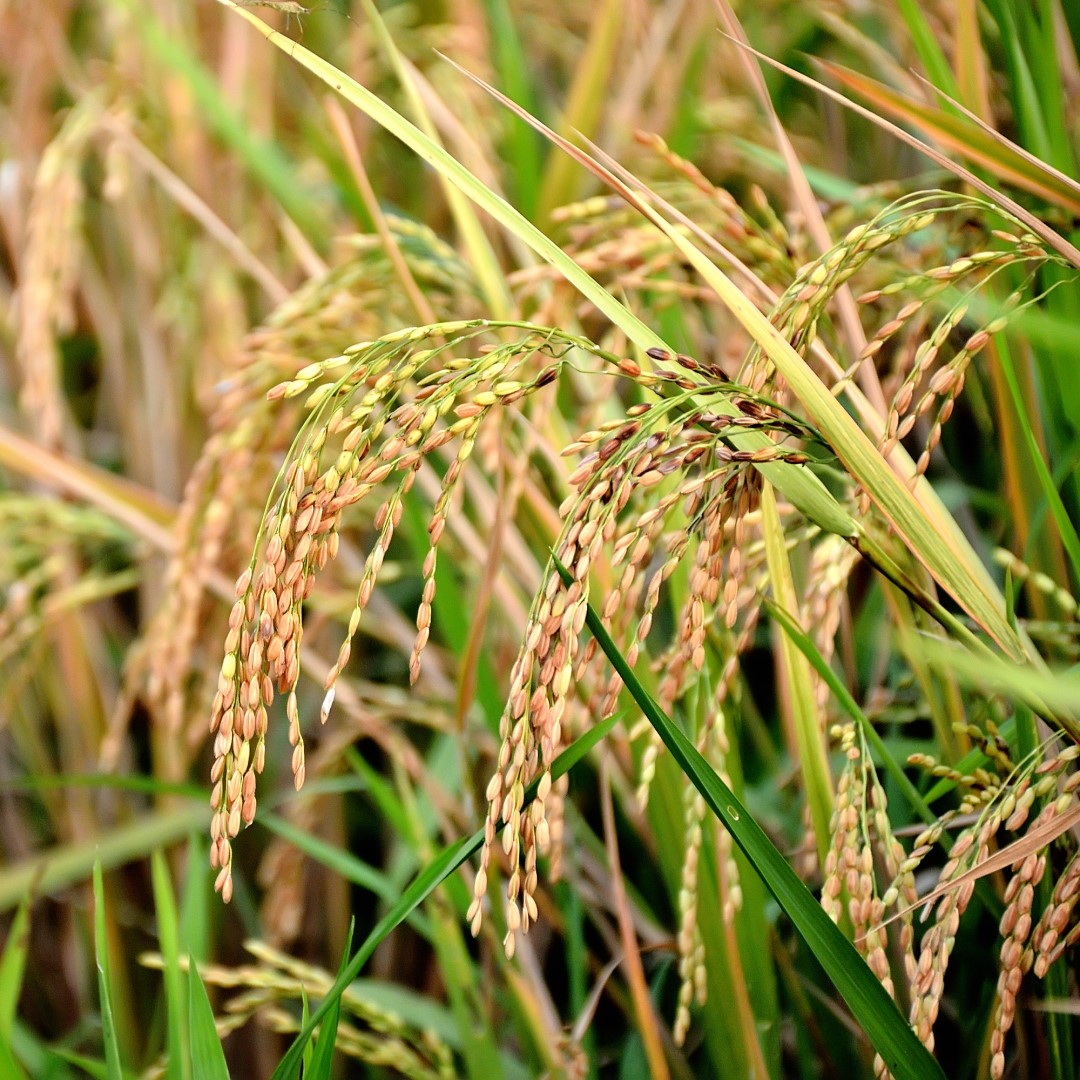
Agriculture Minister Announces Two Genome-Edited Rice Varieties Developed in India, a World First
On May 4, 2025, Union Agriculture and Farmers Welfare Minister Shri Shivraj Singh Chouhan announced that two genome-edited rice varieties have been developed in India, making it the first country in the world to develop genome-edited rice varieties.
The Indian Council of Agricultural Research (ICAR) has developed India’s first genome-edited rice varieties – DRR Rice 100 (Kamla) and Pusa DST Rice 1. These varieties have the potential to bring about revolutionary changes in terms of higher production, climate adaptability, and water conservation.
These new varieties were developed using genome-editing technology based on CRISPR-Cas, which makes precise changes in the organism’s genetic material without adding foreign DNA. Genome editing of SDN 1 and SDN 2 types of genes has been approved under India’s biosafety regulations for general crops.
The DRR Rice 100 (Kamala) variety was developed by ICAR-IIRR, Hyderabad, based on Samba Mahsuri (BPT 5204). Its objective is to increase the number of grains per panicle and it matures 20 days earlier (~130 days). Due to its shorter duration, it helps save water and fertilizers and reduces methane gas emissions. Its stalk is strong and does not fall. The rice quality is similar to the original variety, Samba Mahsuri.
The second variety, Pusa DST Rice 1, was developed by ICAR-IARI, New Delhi, based on MTU 1010. This variety can increase yields by 9.66% to 30.4% in saline and alkaline soils, with the potential for up to 20% increase in production.
Tags:
Source: India Counsel of Agricultural Research
Credit:
